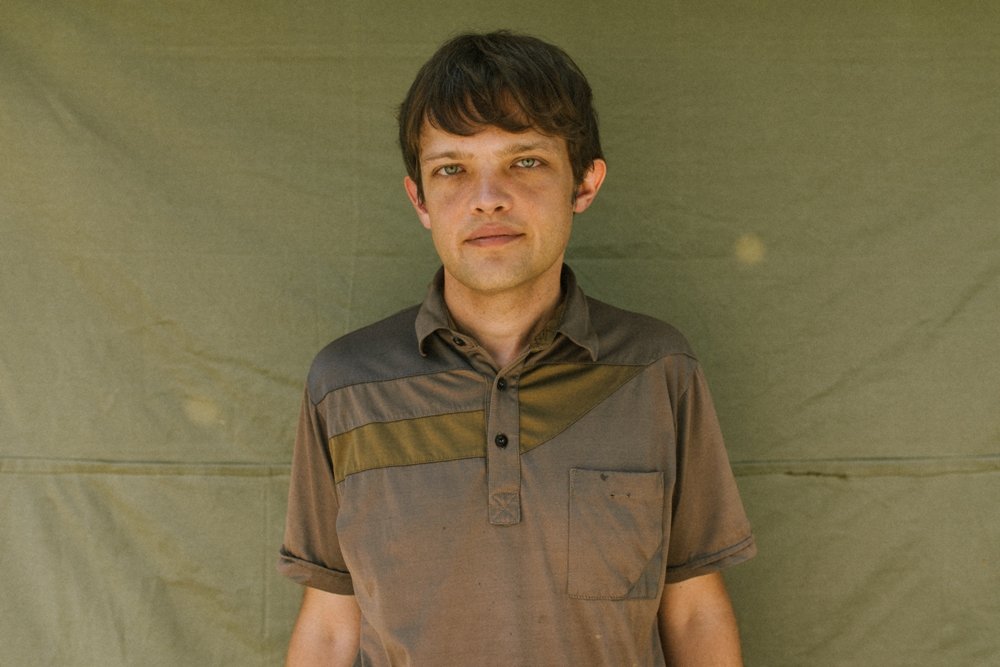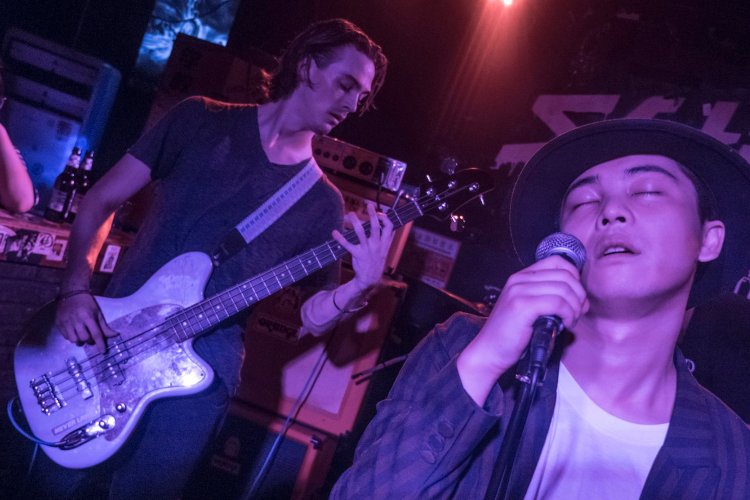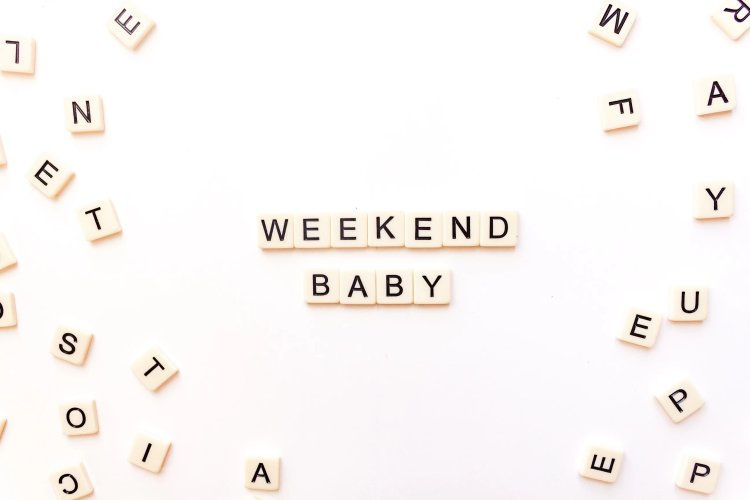A Chord is Worth a Thousand Words for Alt-Country Songwriter William Tyler
Nashville isn’t all about all-American cowboys, strumming guitars at open mics, wailing lyrics meant to tug at the heartstrings of a mass audience. Such corporate country music mecca clichés are the antithesis of one of the city’s most talented native singer-songwriters: William Tyler.
For one, the critically lauded alt-country rocker (and former member of beloved bands like Lambchop and Silver Jews, whose frontman David Berman sadly passed away today) favors instrumental music, instead of radio-ready ballads about broken hearts and honkytonks. Tyler also forgoes the twangy, sappy instrumentation that’s become a winning formula at other Nashville labels, and instead weaves elements of Celtic and Middle Eastern music, along with a myriad of other genres and styles, into his songs.
“Being around my parents and their contemporaries made me interested in the process of making music,” says Tyler – the son of Music City royalty Adele and Dan Tyler, who wrote the number one country hit "Bobbie Sue" back in 1982 – ahead of his Aug 11 and 12 Beijing gigs. "But what my parents were writing wasn’t the kind of music I was into."
Below, Tyler tells us more about forging his own path in the world of traditional southern songwriting, adding his own touch for a new generation.
Nashville has a lot of talented musicians and great recording studios. But it’s not a very inspiring place, creatively. It’s too conservative – culturally and musically. And yet, there are lots of quirky musicians doing interdisciplinary stuff there, in niches away from the mainstream. I feel like I’ve seen all sides of it because I lived there for over 30 years.
When I joined Lambchop, I was in my early 20s and at a significant crossroads, wondering whether I should be a musician, or go back to school. And it was really eye-opening to join this band with so many interesting older musicians, making music that was indefinable. It wasn’t geographically specific – it had elements of the American south, but it also had lots of other genres filtered through as well.
It gave me the chance to tour the world – Europe, Australia, I even went to China with Lambchop. That definitely got me out of the small-town atmosphere I’d grown up within Nashville.
I listen to world music as much as anything else. My song “Fail Safe” has a lot of Celtic elements, and “Alpine Star” is partially inspired by Middle Eastern music.
There’s a great tradition in Middle Eastern music of solos on string instruments and lots of improvisation. When you tune your guitar to an open chord, it can almost approximate instruments like sitars that are played widely in India and the Middle East. That’s the kind of thing I’m interested in.
My music’s limitations, by being instrumental, are also its greatest strengths. The lack of lyrics provokes conversations about other things. And people have their own relationships with, and interpretations of, the music. It’s not as explicit as other types of music.
It’s something I discuss a lot with other instrumental musicians. I’m friends with Mary Lattimore, who plays concert harp and makes beautiful classical music. She talks about how her songs come out of this place of deep sadness, like losing someone you love. But then people will tell her: "I listen to your music when I go to the yoga studio!" or something else mundane. I also have a lot of experiences like that.
My songs are inspired by, well, grief would be a strong word, but by sadness and anxiety. Or sometimes nostalgia, which is inherently almost a melancholy feeling. But then someone will tell me: "We got married to this song of yours!" One fan told me he went on a road trip with his girlfriend into the desert in the southwest, and at the end of it, he proposed to her. And he said my music was a soundtrack to that trip. Hearing that is really meaningful.

Once you put something into the world, it’s not yours anymore. And it might never have been yours to begin with. You can’t be too precious about it, and say, "This song is about such and such" when it could mean so many things to so many other people.
Instrumental music is very malleable, I think. Oddly, I think it’s part of why the bookers were so eager to bring me to China. It doesn’t matter that there’s a language barrier because there’s no language in the music. It’s all open to interpretation.
I’m looking forward to this China tour because one of the dates is a workshop, and hopefully I’ll have a lot of dialogue with the people there. For me, travel is just as important as art. Making music inspired by places that are far away, or not as familiar, almost evokes actual travel for me. So I can’t wait to come back to China, and hopefully, while I’m there I’ll be able to pick up some ideas that I can incorporate into future songs.
William Tyler will perform at the Main Hall at Temple Hotel on Sunday, Aug 11 at 7.30pm. Tickets are RMB 180 advance, RMB 200 at the door. He will also host a free workshop at Fruityspace on Monday, Aug 12 at 8pm.
READ: Immerse Yourself This Friday in the "New Reality" of Solent's Existential Ambient Drones
Photos: Chantal Anderson







